Someone asked under an Instagram post of mine earlier this week if (and how) I am talking to my kids about the Black Lives Matter protests and what is currently going on in this country. I’m not an authority on this by any means, but I figured I would share and people can weigh in on whether I could have handled it better or not. Obviously, this is not a one and done conversation and parents always have the ability to expand on things and correct themselves. I think its more important to start the conversation, than to wait until we have exactly the right words.
We’ve been talking about racism in our home a lot, but up until last weekend, I hadn’t told them about what was specifically happening. They didn’t know the name George Floyd, they didn’t know about police brutality and they didn’t know about the many protests happening around the world.
Then, last Saturday night, my kids happened to see a little of the riots in Minneapolis on the news. We turned them off quickly, but they had already left an impression and Mazzy asked what was going on. I explained that people were protesting for Black rights. She knows that there is still racism in this country, but I’m not sure she was aware that sometimes law enforcement perpetuates it. I said that a lot of people were angry because Black people have a history of being treated unfairly by the police. I told them that Black people are stopped by cops more often than white people (sometimes for no reason) and are often sent to jail for a longer time than a white person for doing the same crime.
As an example, I reminded my girls of the time I was stopped by a policeman while they were in the car with me. We were on our way back from visiting my dad in Rhode Island and I got pulled over for not slowing down in a construction zone. Ultimately, I talked my way out of getting a ticket (I had just gotten onto the highway and hadn’t seen the sign) and the cop sent us on our way. I told them that a Black person would be much less likely to talk their way out of a ticket and sometimes, if a Black person tries to argue their point, they might get arrested for not complying. I said that Black parents often teach their kids to do whatever a cop says, so that they don’t risk making the situation worse. We talked about how we would feel comfortable going up to a cop if we felt unsafe, whereas a Black person might feel unsafe around a cop. This is because far too often Black people are not given the benefit of the doubt. I explained that this was an example of white privilege.
Mazzy and Harlow’s immediate reaction was that the cops were bad people. I said that not all cops act this way, but there has been enough instances to make Black people rightfully worried.
The next morning, I saw a bunch of videos on social media that showed more peaceful protests than the ones we’d seen on the news the night before. I called Mazzy and Harlow in to watch with me. I showed them pictures of cops and protestors shaking hands because those cops wanted to do better. I showed them pictures of white people holding up Black Lives Matter signs in solidarity. I told the girls that most protests are peaceful, but the news often likes to show the worst stuff because it gets more people to watch.
We talked about the reasons why people protest— they believe something is unjust and no one will listen otherwise. Mazzy said, “Like when you went to the Women’s March.” I said, “Yes. There is power and safety in numbers.” I told them about Colin Kaepernick taking a knee at televised football games as a good example of someone trying to make a big statement peacefully. Then I explained that as a result of Colin Kaepernick making that statement, he made a lot of people in power really angry and ended up losing his job on the team. Making a statement that people don’t want to hear (even if it’s right) often comes with personal sacrifice.
Mazzy asked me if there were any protests going on near us that we could participate in. I said they were mainly in the city, but after some research, I realized there were indeed a few nearby protests. But after thinking about it, I told Mazzy that I wasn’t comfortable going because of COVID-19. She said she wanted to make a sign anyway. So we did.
This week, Mazzy and Harlow’s teachers both addressed what was going on. Her teacher actually asked if anyone wanted to discuss anything they had heard about in the news. I was in the other room, listening in. I heard Harlow say, “I saw people acting crazy and burning cars.” Then her Black classmate said, “People are protesting for rights and justice.” It was an important distinction. Afterwards, Harlow told me that sometimes even police can break the law. Mazzy learned that a cop killed a Black man, which I hadn’t communicated specifically. I told her that his name was George Floyd and people wanted that cop to face the consequences for what he did.
We also talked about the unjust killing of Breonna Taylor. After looking through the #birthdayforbreonna hashtag together which featured lots of drawings of Breonna to honor her 27th birthday, Mazzy and I were inspired to create our own artwork. This is mine.
This is Mazzy’s piece.
I think using art as an outlet for my kids to express themselves made the conversation resonate more for them.
Lastly, we discussed the rioting and the looting, which I find to be a much harder topic to address. Particularly since I have seen so many videos of broken windows and looting in Union Square, a neighborhood that has been my home since my dad moved there in the 1980s. My kids know about the riots, but I have not talked about or shown them images specifically from landmarks they know and frequent. Mazzy asked, “Are the looters bad people?” I told her that they are angry for the right reasons, but they are still doing something illegal. I said that I did not support the looters and that most of the protesters were not happy about the looters either. But the looting was also getting a lot of attention and making the news, so I agree, it’s a little confusing to figure out what’s right. She told me that she heard that a brick was thrown through the window of our school. I said there is a lot of people breaking windows in New York City right now and no one was targeting our school specifically.
Then we talked about how lucky they are to go to a school with a diverse student body, a diverse faculty and a curriculum that puts a big focus on diversity. I have a read a lot recently about how the choices you make for your kids environment says a lot about what your kids are going to grow up thinking about race. I feel like we have made some very good choices in this regard. I told my girls that a lot of the country doesn’t have the same kind of education or exposure to people of different colors like we do.
People fear what they don’t know, while we get to see firsthand how wonderful it is to celebrate our differences.
I know there is a larger discussion to have about systemic racism and how our family has benefitted from white privilege, but as I said, this is not a one and done conversation. I watched a video this morning from Sonya Renee Taylor which said something along the lines of— don’t have conversations with your family about the value of Black people like we are some sort of object. Talk to your family about how white people have let this happen. After watching that, I went back to read this post and wondered if I am guilty of that here. I’m still listening and learning. My conversations with my kids aren’t over.
The door is open. The topic is on the table. This is just where we started.





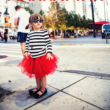
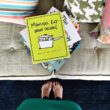

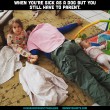








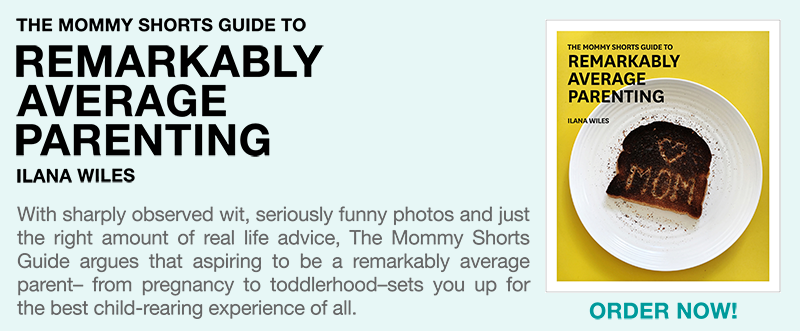



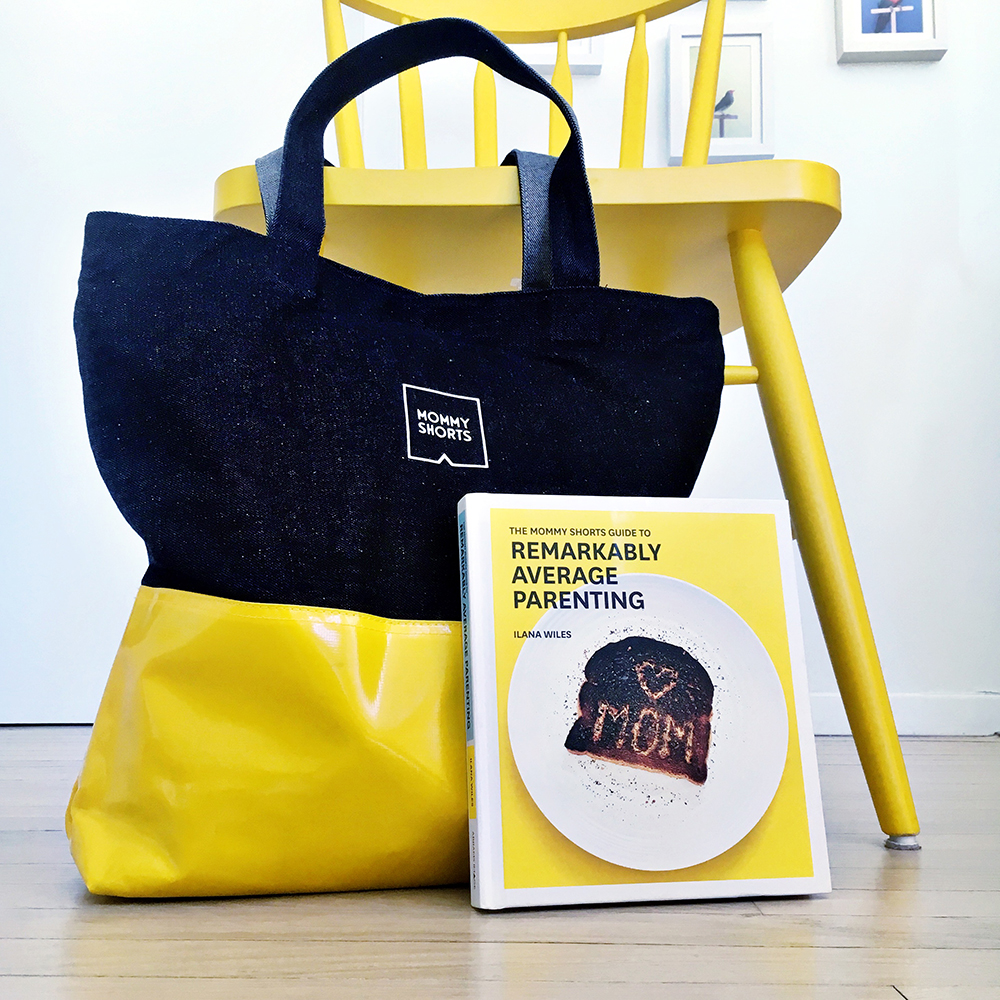







[…] From the Blog “Mommy Shorts”: Talking to My Kids About the Protests and Racism: https://www.momm… […]
[…] From the Blog “Mommy Shorts”: Talking to My Kids About the Protests and Racism: https://www.momm… […]